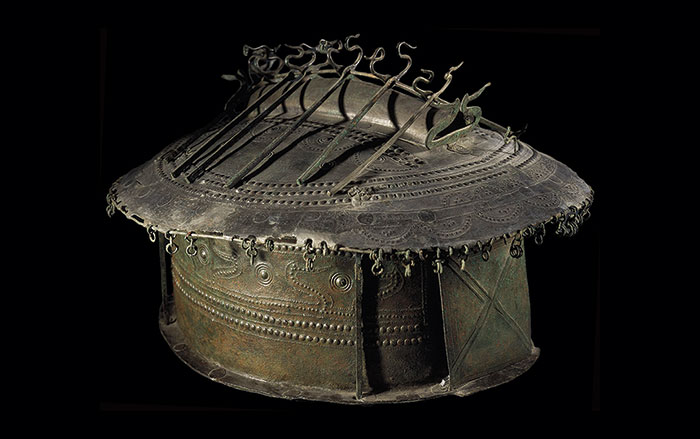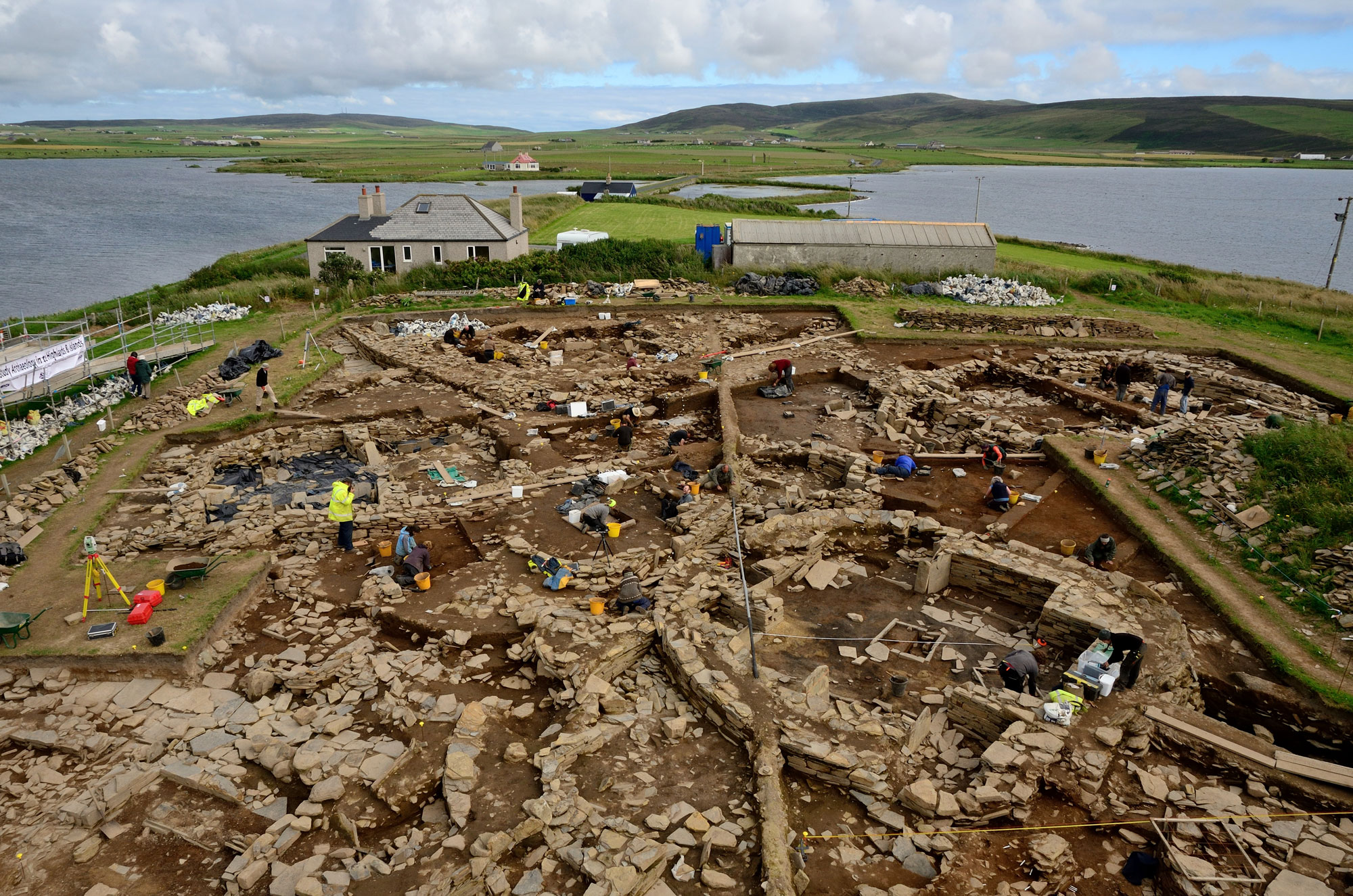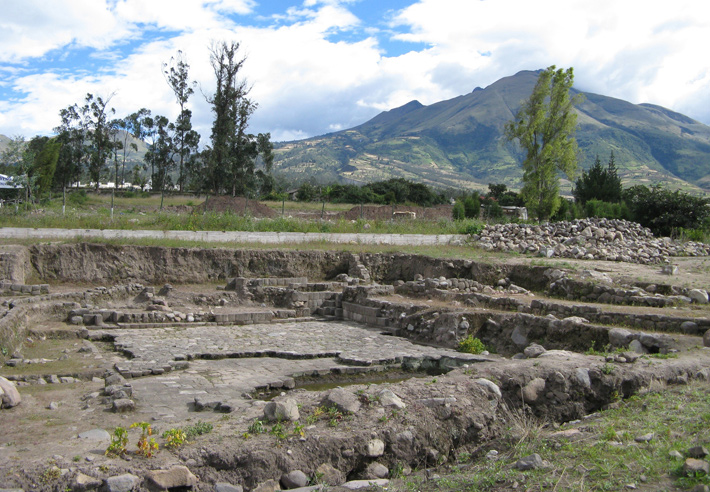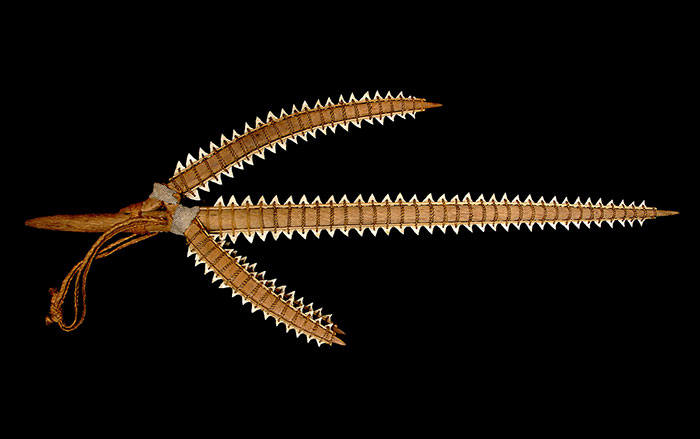LEICESTER, ENGLAND—Geneticist Turi King of the University of Leicester used mitochondrial DNA to identify the remains of Richard III. She was able to match a sample from the skeleton with one taken from a descendant of Richard III’s sister, Anne of York. This type of mitochondrial DNA is transmitted through women and is carried by about one percent of the English population. King’s team is now working on identifying Richard III through DNA on the Y chromosome, which is only carried by men. She has identified four living descendants of John of Gaunt, son of Edward III, who was Richard III’s great-great-grandfather. She hopes to produce enough Y chromosome DNA from the skeleton in order to make a comparison.
Additional DNA Tests for Richard III
News February 14, 2013
Recommended Articles
Model Homes March/April 2026
Doorways for the Dead
LOCATION: Thebes, Egypt
DATES: Ca. 1981–1975 b.c.

Model Homes March/April 2026
A Maya God’s Humble Abode
LOCATION: Copán, Honduras
DATE: Ca. a.d. 700–850



-
Features January/February 2013
Neolithic Europe's Remote Heart
One thousand years of spirituality, innovation, and social development emerge from a ceremonial center on the Scottish archipelago of Orkney
 Adam Stanford/Aerial Cam
Adam Stanford/Aerial Cam -
Features January/February 2013
The Water Temple of Inca-Caranqui
Hydraulic engineering was the key to winning the hearts and minds of a conquered people
 (Courtesy Tamara L. Bray)
(Courtesy Tamara L. Bray) -
Letter from France January/February 2013
Structural Integrity
Nearly 20 years of investigation at two rock shelters in southwestern France reveal the well-organized domestic spaces of Europe's earliest modern humans

-
Artifacts January/February 2013
Pacific Islands Trident
A mid-nineteenth-century trident illustrates a changing marine ecosystem in the South Pacific
 (Catalog Number 99071 © The Field Museum, [CL000_99071_Overall], Photographer Christopher J. Philipp)
(Catalog Number 99071 © The Field Museum, [CL000_99071_Overall], Photographer Christopher J. Philipp)

